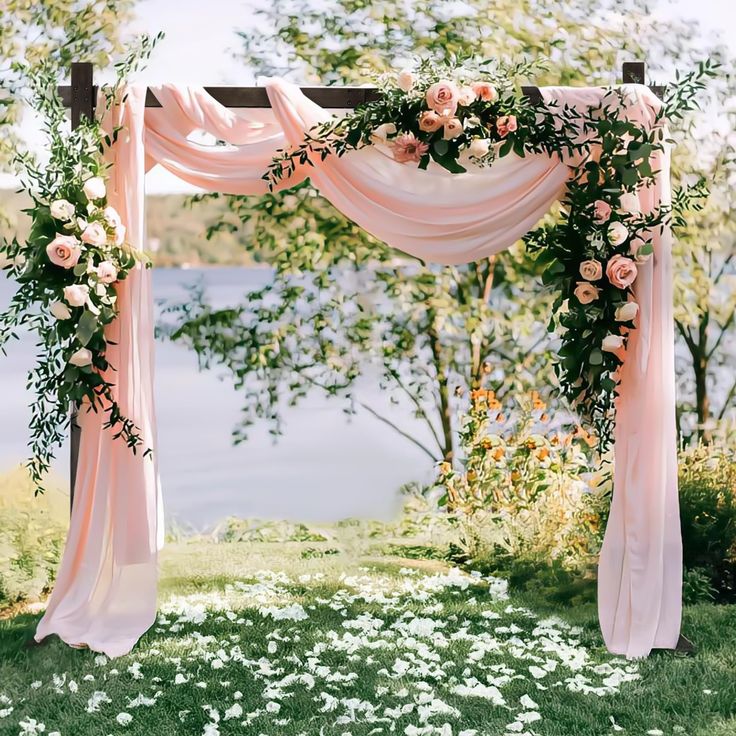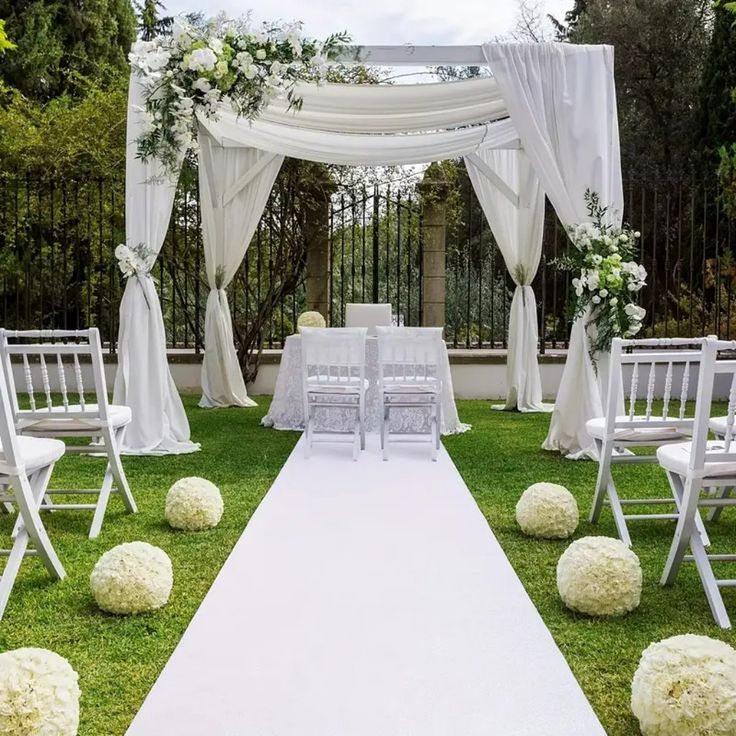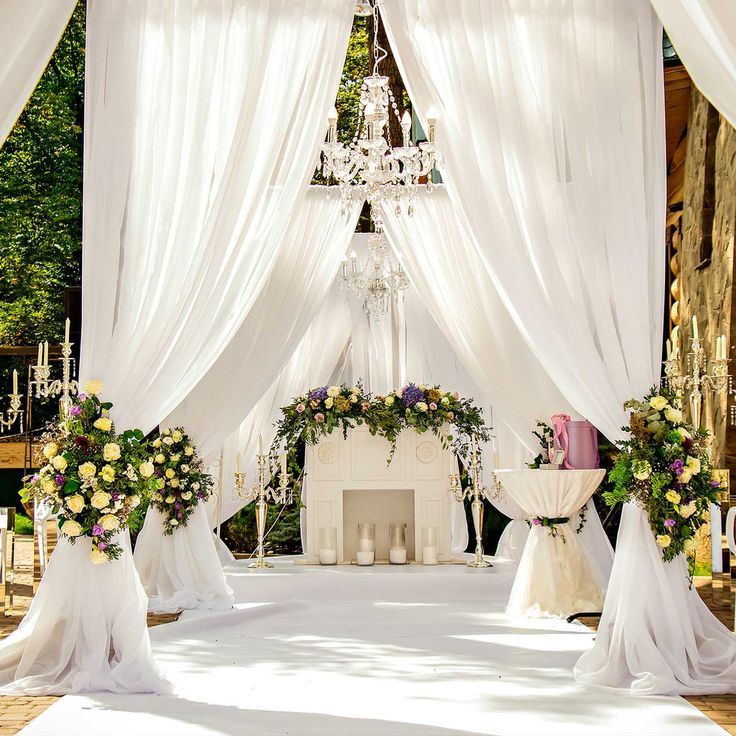Introduction to Wedding Room Blocks
When planning a wedding, one key detail is where your guests will stay. Wedding room blocks are the answer. How many rooms to block for wedding? A ‘wedding room block’ is a set of rooms you reserve at a hotel near your venue. This benefits both you, as the couple, and those celebrating with you.
Booking rooms together often secures better rates. It ensures your guests have a convenient place to rest, prepare, and enjoy the festivities. Typically, you’d block rooms for the wedding night, and maybe the night before. For destination weddings, you might consider more nights.
There are two main block types: open blocks and guaranteed blocks. Open blocks don’t cost you if rooms go unbooked; guaranteed blocks might. More on this later.
Planning ahead is smart. Booking early will help ensure enough room for everyone. Start talking to hotels as soon as you have your date and venue. Use your wedding website to share room block information, making booking easy for guests.
Remember, clear communication is key. Let guests know where to stay, how to book, and by when. Aim for a stress-free experience for them and you. That way, everyone can focus on celebrating the big day.
In the following sections, we’ll dive deeper into securing the right number of rooms, negotiating rates, selecting hotels, and crafting a smooth booking process. Let’s make sure your guests have a comfortable stay while joining in your celebration.

Advantages of Securing Room Blocks for Guests
Securing room blocks for wedding guests offers many benefits that enhance the overall experience. Here are key advantages:
- Better Rates: When you book multiple rooms together, hotels often provide discounts. This means savings for your guests.
- Ease of Planning: A central location for guests reduces the complexity of travel arrangements. It streamlines their experience.
- Extra Perks: Hotels may offer enticing perks, such as complimentary breakfasts or shuttle services. This adds value for guests.
- Group Gathering: Room blocks serve as a hub for guests. This enables more socializing and interaction throughout the wedding events.
- Simplified Transport: With everyone in one place, organizing transport to and from the venue is easier.
- Custom Welcome: You can personalize the guest experience. Consider welcome bags or notes in each room.
- Last-Minute Availability: A blocked set of rooms ensures there is space for late RSVPs.
- Peace Of Mind: Knowing where guests will stay offers peace of mind both for them and you.
With these benefits, it’s clear that wedding room blocks are not only convenient but also crucial for a well-organized event.
Deciding How Many Rooms to Block for Your Wedding
When planning your wedding room blocks, it is essential to estimate the right number. Assess your guest list carefully. You want to avoid both shortages and expensive overbooking. Here’s how to make an informed decision:
- Estimate Guest Attendance: Gauge the number of out-of-town guests expected. This predicts the need for overnight accommodations.
- Consider Special Requirements: Account for the bridal party, family, and close friends who may need rooms for more than one night.
- Factor in RSVP Trends: Remember that not all invited guests will attend. Historical attendance rates often hover around 70-80%.
- Ask for RSVPs Early: Encourage early responses to determine room needs better.
- Communicate Early: Share dates and venue details ASAP. This enables guests to plan.
- Evaluate Season and Location: Busy seasons and popular locations may require more lead time in booking.
- Consult with Hotels: They can provide insights based on their experience with similar events.
Remember, hotels often offer courtesy blocks that don’t penalize for unused rooms. Avoid guaranteed blocks unless certain of the rooms needed. As a rule, start with a smaller block. You can usually add more rooms later if needed. And always set a deadline for booking within the discount rate to aid guests.

Types of Room Blocks: Open vs. Guaranteed
Choosing the right type of room block for your wedding is crucial. Two common types are open blocks and guaranteed blocks.
Open Room Blocks
In an open room block, you set aside a number of rooms without financial commitment. You’re not liable if they remain unbooked by a set date. This type is ideal if unsure about how many rooms you’ll need.
Guaranteed Room Blocks
With guaranteed blocks, you commit to filling a certain number of rooms. If you don’t meet this quota, you’ll pay for the unbooked rooms. This type is riskier but sometimes offers better rates or perks.
Each type has its strengths, depending on your certainty about guest numbers and your budget. Open blocks offer flexibility. Guaranteed blocks can be cost-effective if you are sure about attendance.
Always discuss block types with your chosen hotel. Understand terms like ‘attrition rate’ and other contract details. Knowing these will help in making the best choice for your wedding guest accommodations.
The Art of Negotiating Room Block Rates
Negotiating room block rates is essential for getting good deals. Establish a budget first. Without revealing it, request quotes from several hotels. Compare these rates and services. Aim to book early; hotels may offer lower rates then. Highlight your guests’ potential spending on other services, like meals and spa treatments. This can motivate hotels to provide discounts.
Tips to Help You Negotiate
Here are some tips for effective negotiation:
- Don’t Start with Your Budget: Avoid revealing your budget during initial discussions.
- Compare Offers: Get quotes from a variety of hotels and compare them.
- Ask About Perks: Inquire about complimentary services for a certain number of bookings.
- Express Flexibility: Show that you are considering multiple options. This may lead to better offers.
- Mention Competitors: Let the hotel know you are looking at their competitors to encourage better rates.
- Discuss Attrition: Understand the attrition clause and negotiate it if possible.
- Secure in Writing: Always get agreements and discounts confirmed in writing.
Create a clear request for proposal (RFP) when reaching out to hotels for quotes. Include your event dates, expected number of guests, and any special requests. A complete RFP makes it easier for hotels to give suitable offers. With these strategies, you can ensure you get the best value for your guests.

Factors to Consider When Selecting Hotels for Room Blocks
When selecting hotels for your wedding room blocks, several factors come into play to ensure suitability and comfort for your guests. Consider each aspect to make an informed choice:
- Proximity to Venue: Choose hotels close to your wedding venue. This reduces travel time and simplifies logistics.
- Guest Amenities: Look for hotels that offer useful amenities. Examples include free Wi-Fi, breakfast options, and fitness centers.
- Room Rates: Aim for hotels that provide competitive rates. This makes the stay affordable for your guests.
- Block Size and Flexibility: Ensure the hotel can accommodate the size of your block. Check if they offer both open and guaranteed blocks.
- Reputation and Reviews: Research the hotel’s reputation. Read reviews to check guest satisfaction levels.
- Additional Services: Ask if the hotel provides shuttle services. Check if they have event spaces for other wedding-related events.
- Cancellation Policies: Understand the hotel’s policies on room block cancellations. This helps to avoid any unwanted charges.
- Contract Clarity: Make sure all terms are clear and written in your contract. This will avoid misunderstandings later.
By carefully evaluating these factors, you can secure the best accommodations. This ensures a pleasant stay for your guests and smoothens the overall wedding experience.
Creating a Seamless Booking Experience for Guests
Crafting a smooth booking process is vital. It ensures your guests book their stay with ease. Aim to provide clear, simple instructions. Detail how to reserve rooms in your block and by when. Use multiple channels to communicate this.
Utilize Your Wedding Website
Your wedding website is a powerful tool. Use it to share hotel details and booking links. Update it with the latest information. Ensure it’s user-friendly and has a section for FAQs.
Include Information on Invites
Add room block details to your invitations. Mention the hotel names, booking codes, and deadlines. Consider a separate card for accommodation information.
Offer Various Communication Methods
Some guests may prefer calls or emails. Provide the hotel’s contact info for direct inquiries. Share the reservation code and group name through these channels too.
Set Up Reminders
Send reminders via email or text before the booking cut-off date. This nudges guests to act promptly. Use scheduling tools to automate this process.
Provide a Help Contact
Designate a liaison, such as a planner or family member. They can assist guests with booking or answer questions. Share their contact details widely.
Keep Track of Bookings
Monitor your room block. Check in with the hotel for updates on how many rooms are booked. This helps you manage your block and add rooms if needed.
By focusing on these steps, you create a hassle-free booking experience. Your guests will appreciate the convenience and clarity. This effort can contribute to a joyful wedding for all.